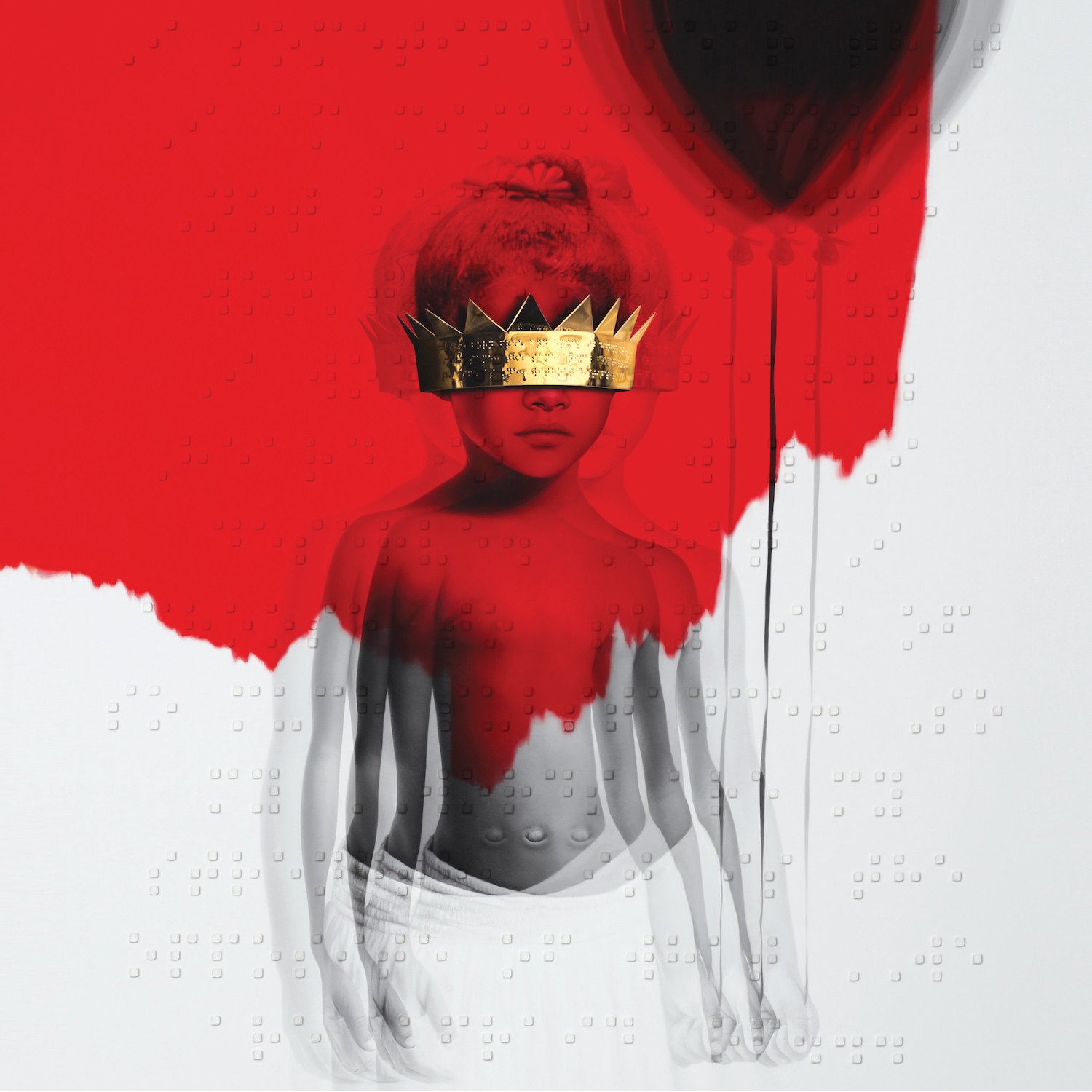- Young
- 2014
The first album from FKA Twigs would be her final release without a proper title. Perhaps the naming scheme — starting with EP1’s eerie minimalism in 2012 and followed by the elegant R&B of 2013's EP2 — was an attempt to keep some distance between Twigs, born Tahliah Barnett, and her listeners. As a professional back-up dancer, she was already far too aware of the foibles of visibility — she was beginning to get recognized in public for her dancing, but nothing beyond, "Hey, aren't you that girl from that video?" LP1, released 10 years ago today, is, fittingly, a debut about the dance of perception: the power of delayed gratification, the intimacy of the slow reveal, the ultimate vulnerability of "do[ing] it" (you know what) with the lights on. In the dark, after all, it's much harder to ask, "Don't I know you from somewhere?"
Though its title served to obscure first impressions, LP1 was the first time Twigs showcased the arresting range of her voice. She barely rises above a crackling whisper on EP1 and only began to hint at her sinewy, sensual croon on its follow-up. But she is unmissable on LP1: "Preface" opens with a bouquet of Twigs' vocal stems, growing, blossoming, and wilting atop each other until the words she's singing lose all meaning. On "Video Girl," which most directly addresses her past life behind the lens, her voice cuts through the song's swaying synths, sharp and soft at once as she delivers daggers aimed at her own ego: "The camera loves you, ain't that enough?/ You're craving for the whole universe."
Even her whispers sound stronger here, pitted against hi-hats and an arpeggiated guitar on "Pendulum" as she sings about the loneliness of unrequited love: "Come fill your gaps with people/ I know no one." On LP1, we hear Twigs fight against her own tendencies to fall into the background, to dismiss her own success, to simply fill a void. "Kicks," through that lens, ends the album with a wink: "Tell me, what do I do when you're not here?" Twigs asks, asking her lover to boldly imagine that she continues to exist when he is not around. "I get my kicks like you."
There are also glimpses here of the total artist Twigs would become—how she would create entire worlds from her own strange mix of hermeneutics and heartbreak. Though she had worked with Arca on EP2, LP1 would be the first time Twigs brought on a murderers row of avant-pop producers, bringing back Arca and adding Devonté Hynes, Sampha, Clams Casino, and Emile Haynie (Kanye's "Runaway", Born To Die). And though each producer brought something of a signature sound — Haynie added the bottomless echos of Lana's haunted theatrics to album single "Two Weeks," "Hours" is reminiscent of Hynes' slanted R&B — Twigs' voice is the album's unifying force.
On LP1, songs that might otherwise feel out of place are connected via the sheer strength of Twigs' vocals; "Numbers" transcends its strange, lurching beat thanks to her ethereal falsetto, which climbs closer to the heavens with each subsequent lyric. Though some of the production choices feel dated — the pitch-shifted vocals on "Give Up" are a reminder this came only a year after "We Can't Stop" — Twigs' debut still sounds incredibly modern. Ten years on, it's hard not to hear its mix of hard and soft, loud and quiet, vulnerability and vagueness in Billie Eilish's whispered come-ons, Gracie Abrams' hushed verses, Taylor Swift's clipped confessions, and beyond.
If LP1 were to have a subtitle, Twigs suggested at the time of the album's release, it might be the first line from the opening song "Preface," which is also inscribed on early editions of the album's vinyl: "I love another, and thus I hate myself." It's a quote from the 16th century British poet Sir Thomas Wyatt, and it's easy to overlook if you find yourself lost in a tangle of Twigs' swirling vocal harmonies at the album's onset. But its sentiment is impossible to miss as Twigs sings that she's your "sweet little love maker" with a venom-laced tongue. True intimacy seems cheap without a little pain — "And my delight is causer of this strife," as Wyatt says later in the poem. Or, as Twigs says on LP1’s final song, "When I'm low, I feel for you."
We rely on reader subscriptions to deliver articles like the one you're reading. Become a member and help support independent media!







